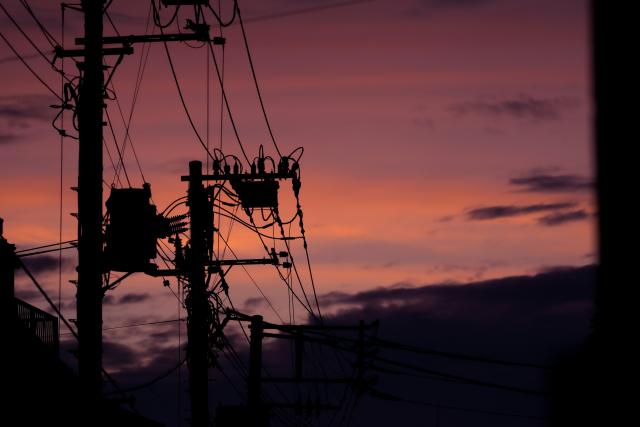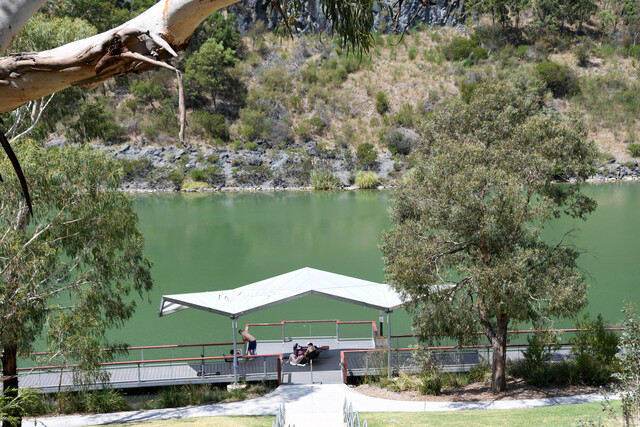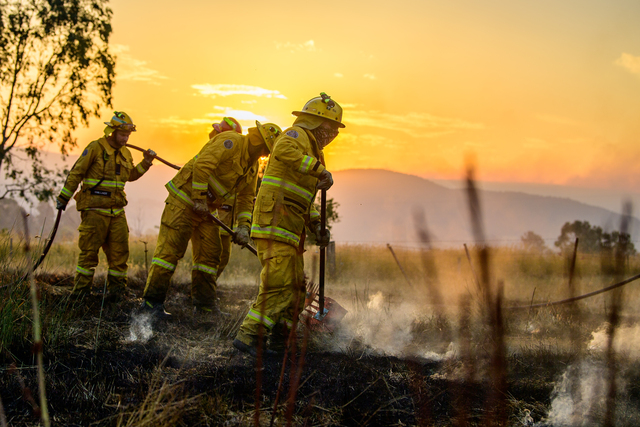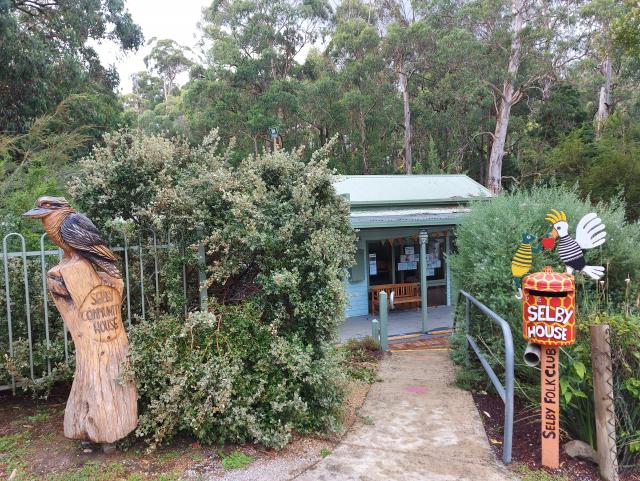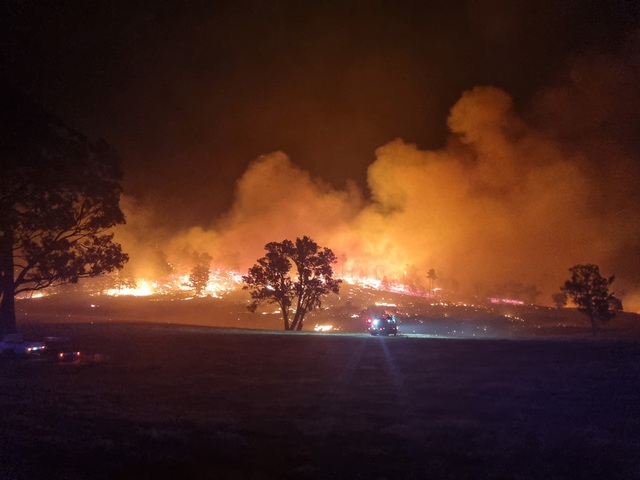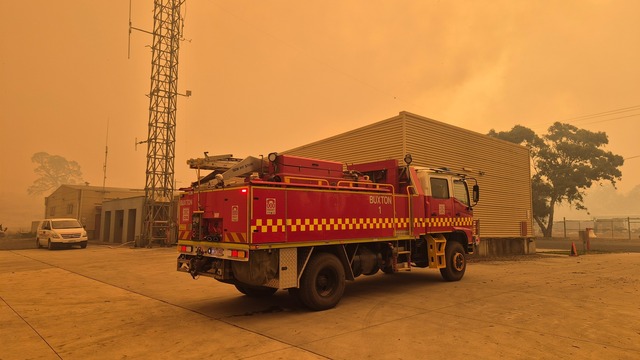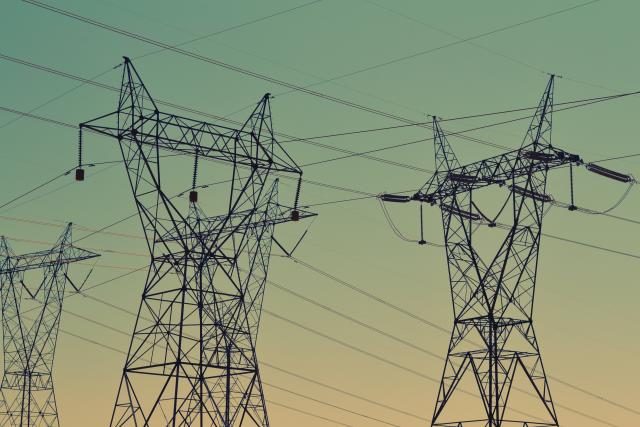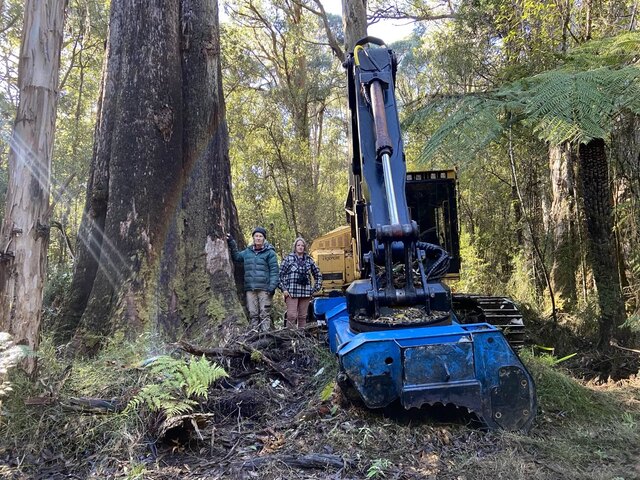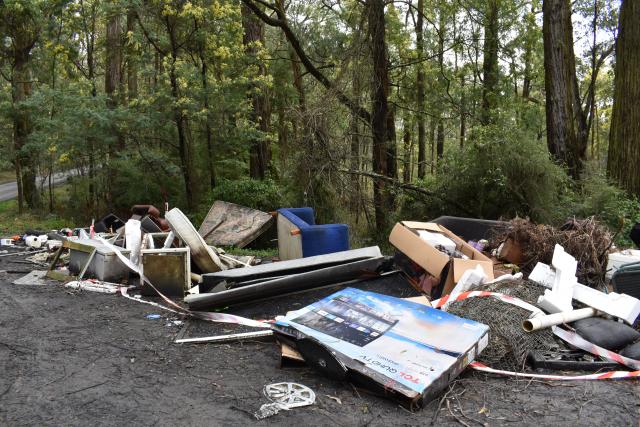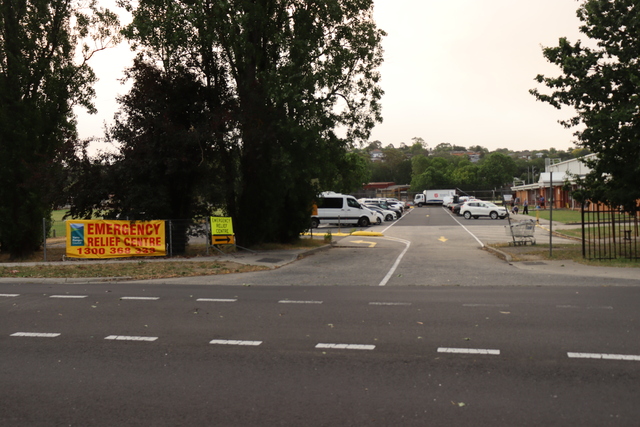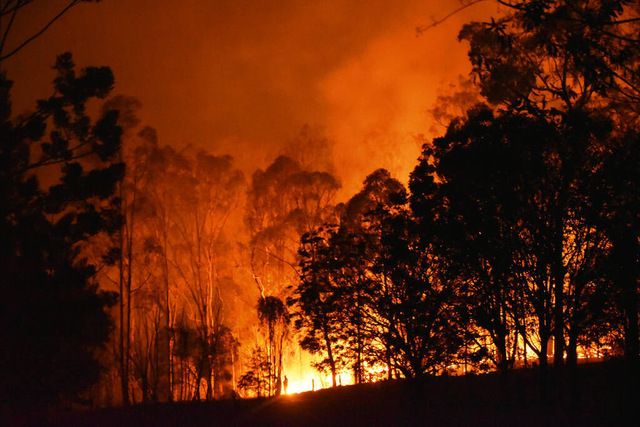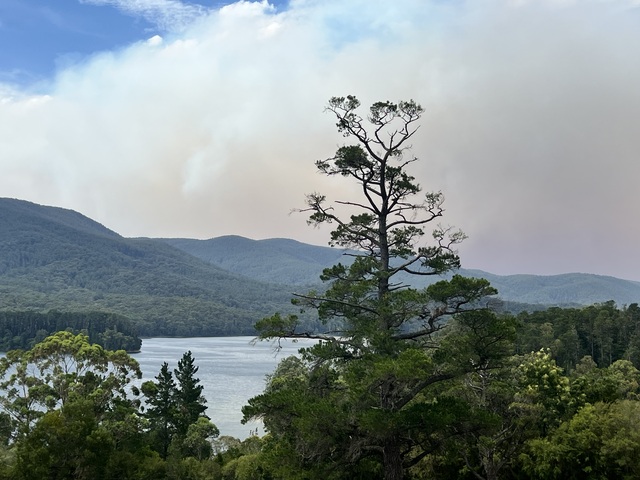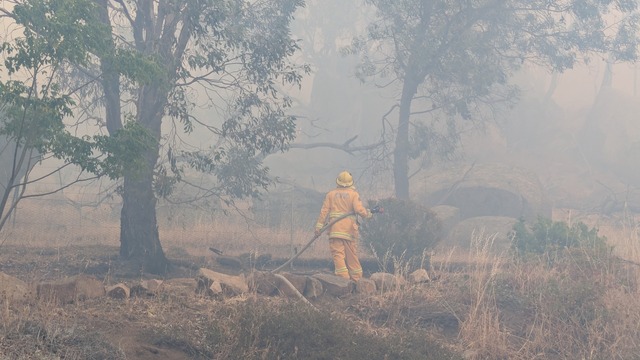The Victorian State Government has published the feedback from their independent Network Outage Review, following community engagement sessions across the Hills at the beginning of May.
The sessions, led by a panel of experts from Consumers Australia and the Consumer Action Law Centre, invited members of the community to share their concerns surrounding the network outages and emergency response from the storms on 13 February 2024.
Over 85 community members from Monbulk, Emerald, Gembrook and Cockatoo attended the sessions, delving into the areas of planning, readiness, response and recovery.
And feedback was overwhelmingly dire, with locals expressing fears for the safety and survival of loved ones, and for those at the higher end of the community’s ageing population.
“I was hyper alert trying to work out a plan to keep my husband alive without internet or mobile phone access,” one local said.
While another noted that “we have people who are frail, infirm, and dependent on external support to go about daily lives. Not tech savvy. Then you take communications away – they are most at risk.”
Communications dominated much of the conversation around network outages, with locals sharing in the sentiment that a reliance on inherently unreliable digital communication is impractical and dangerous in an area as vulnerable to storms and power outages as the Hills.
“The most debilitating aspect of the blackout was no mobile reception,” said one attendee.
“[It was] really scary with no communication,” added another.
And the “risk someone will die is extremely high because communication is down.”
“Emerald Fire Station had no internet/phones even though it was deemed a major site.”
“And the council was engaging with the community during the emergency via emails which didn’t get through because people had no power.”
From this, the panel noted that it is crucial that the Hills incorporate alternate modes of communication for when telecommunications are out, such as notice boards and community meetings.
They also identified a need for improved warnings in cases where service providers could anticipate telecommunications failings in advance, facilitating improved emergency response not only after the fact, but in community preparation and readiness.
This need for alternative modes is also apparent for AusNet’s communication, which often “had all the warmth of a thrown knife,” according to one local.
With the app and other digital communication from the provider proving untrustworthy and difficult to access, the community would like to see greater physical and visible presence from AusNet during power outage events moving forward.
And where current flaws in communication have required residents to clear fallen power lines and wait egregious periods for debris clean up, improved communication would also minimise the need for residents to continually take matters into their own hands.
This emphasis on independent survival has seen locals taking to the dangerous task of clearing fallen power lines, as well as purchasing battery backups and generators, due to an inability to rely on the community hubs and access points that have been promised.
One resident noted that “Local hubs are more than just the “community centre” – they are the supermarket, bakery, cafes, and pubs.”
While another added that even the ‘community centre’ is an unreliable refuge due to its past closures on extreme fire days.
In their response in the engagement summary, the panel and other experts collectively agreed that “community sentiment was that they must chart their own survival plans because emergency services can’t guarantee they will be able to help during storm events.
“We need more conversation about how the community can help itself,” said one attendee.
“Many community members identified that they had their own preparedness measures, including battery backups and generators, whilst others felt that they didn’t have the means and weren’t able to do more.”
They also noted that “not all community members identified generators as a suitable option for their circumstance, noting concerns including the refuelling, safe management, [and] noise.”

